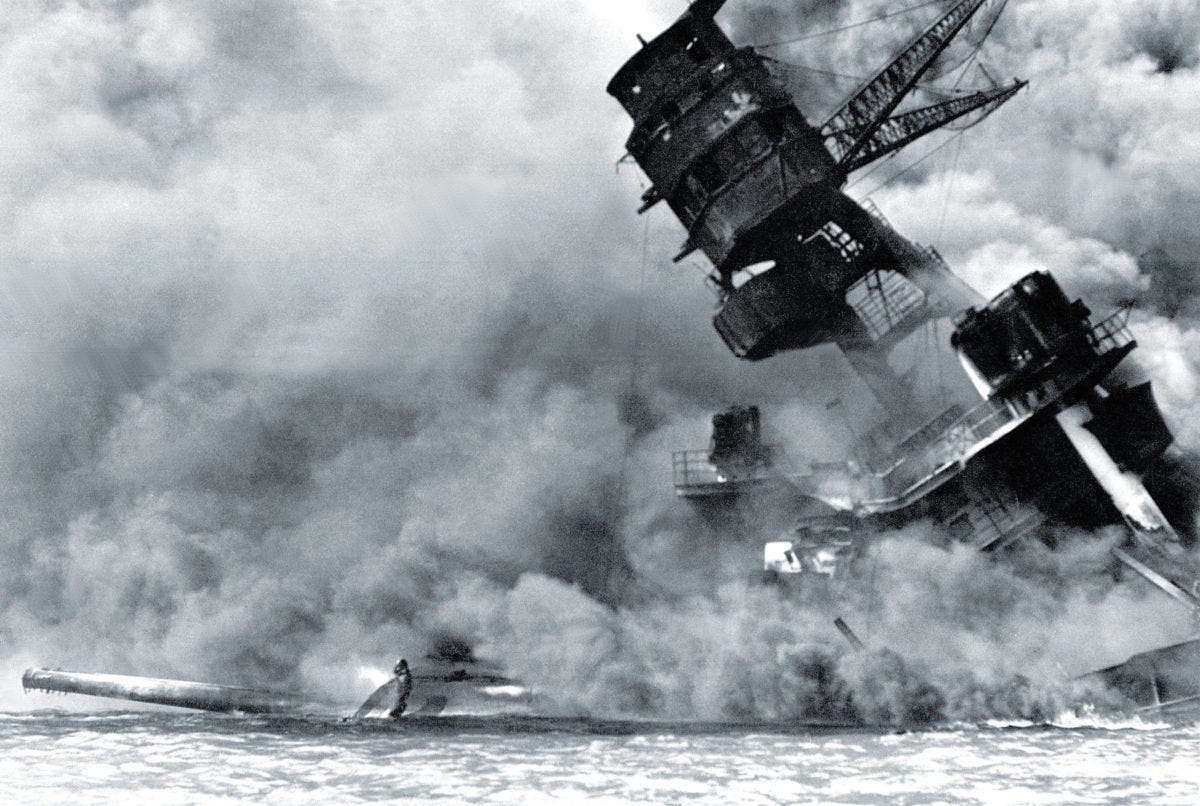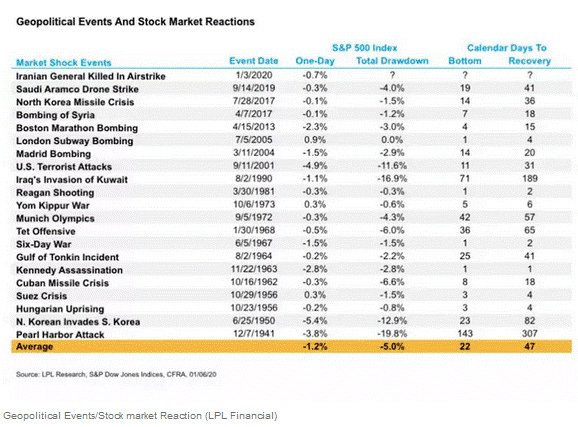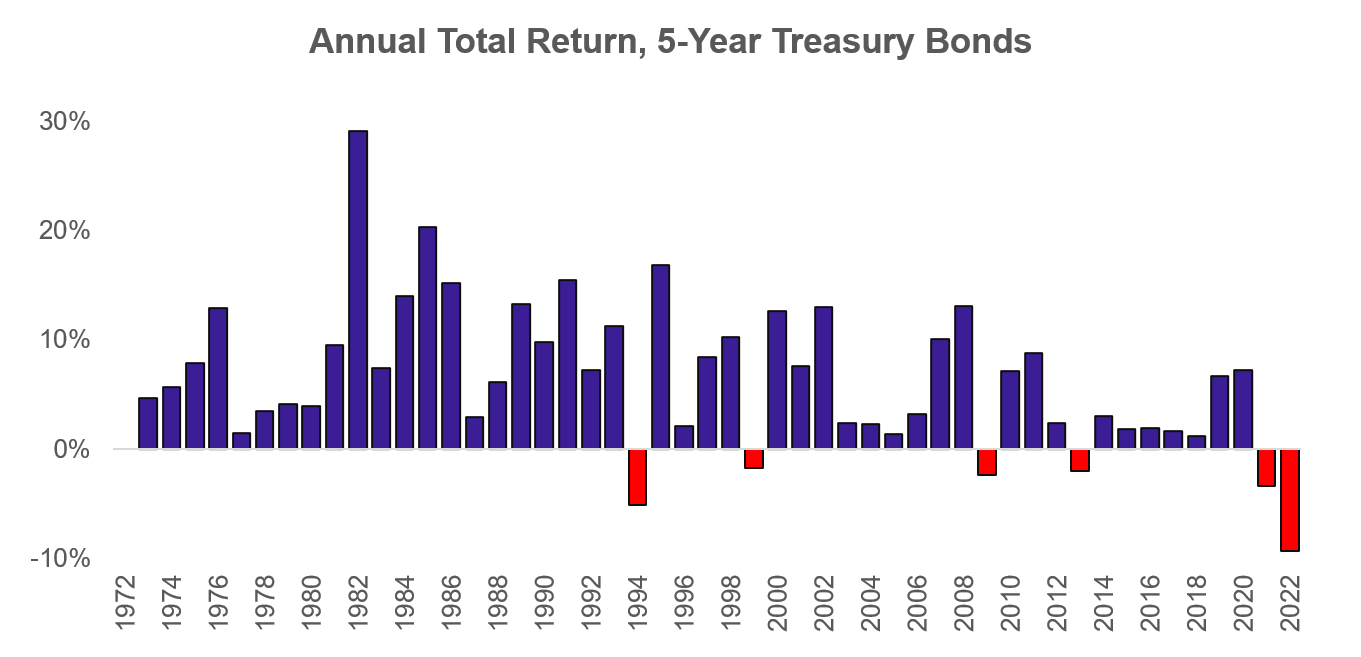The surprising lack of correlation between stocks and war

Pearl Harbor, December 7, 1941.
All mentions of stock returns are based on the S&P 500. The stock market had almost no reaction to the current war in Israel. The invasion of Ukraine didn’t really move the needle thought the market was down that year by 19.6%. It was not the war that moved it.
This was a surprising conclusion I had to make. If you look at the chart below, disasters way more scary than the current one have not made the market “crash” and the total drawdown (meaning the lowest point the market went down) is not alarming.

Chart: One day-drop on the first day of an attack. Total drawdown: The lowest it got during the event and the aftermath Bottom: How many days did it take to get to the lowest point. Days to recovery: How many days it took to get back to where it was before the event.
It is also interesting How small the changes were at the outbreak of war and during the war. Pearl Harbor was the worst event. Down at the outbreak but fell 19.8% total. The recovery periods are short. Nothing on the chart is over a year, and most stocks recovered in days or weeks. Pearl Harbor leads the pack with 307 days of dropping share prices.
The mortgage collapse of 2008 the market was down 38.49%. That was the worse huge downturn in the market since the depression. If you made it through that, you can handle anything. Be proud of that. A lot of people didn’t stay put. Financial missteps like 1929 and 2008 are the biggest creator of drops. You want an advisor who will be with you, invested along with you and cares about your situation.
The idea of having an advisor who says he can get you out of the market at the right time and you will avoid the downturns is what most advisors say. They say what the client wants to hear. Clients must be evaluated to get an idea of what they have done in the past and to see if they have the emotional stamina to be in stocks. If you stop looking at them frequently it will help the emotional aspect a lot. Or, learn why stocks must outperform bonds in my last article “Equity vs. Debt.”
Can Bonds Crash?
Yes! After almost 37 years of advising people on stock investments, I am yet to understand why someone would buy bonds. Just before that period was the insane inflation of the 70’s. Bonds made some sense with high and dropping yields. We did have a bull market in bonds for about 30 years with rates mostly dropping.(dropping interest rates make bonds go up.)
Rates go up bonds go down. why?
Bonds go down when rates go up. Don’t you get higher interest? No! because it is fixed at 4% for the whole 20 years. Today if you were to buy a 20 year bond at a 4% yield (interest) it stays put the whole 20 years. It is guaranteed to stay at 4%. A couple of years later, people can buy the same bond at 6% interest. Now, who wants your old bond? No one. Correct. So we have to discount the bond to say $750 to get people to buy it. A big drop from the $1,000 you invested. You have to offer a “discount” to sell it.
Rates go down bonds go up
In contrast let’s say you buy the same bond at 4%. A couple of years later people can only get 3%. Who wants your bond now? Everyone. Correct. So, you will get a “premium” when you sell. In this case about $1,300.

Looking at this chart, what has happened as rates have gone up in 2021 and 2022? Bonds have dropped quite a bit. If you think they are going down you might want to buy. But why play this tedious game and have no equity?. I don’t know!!
See you soon,
Craig

